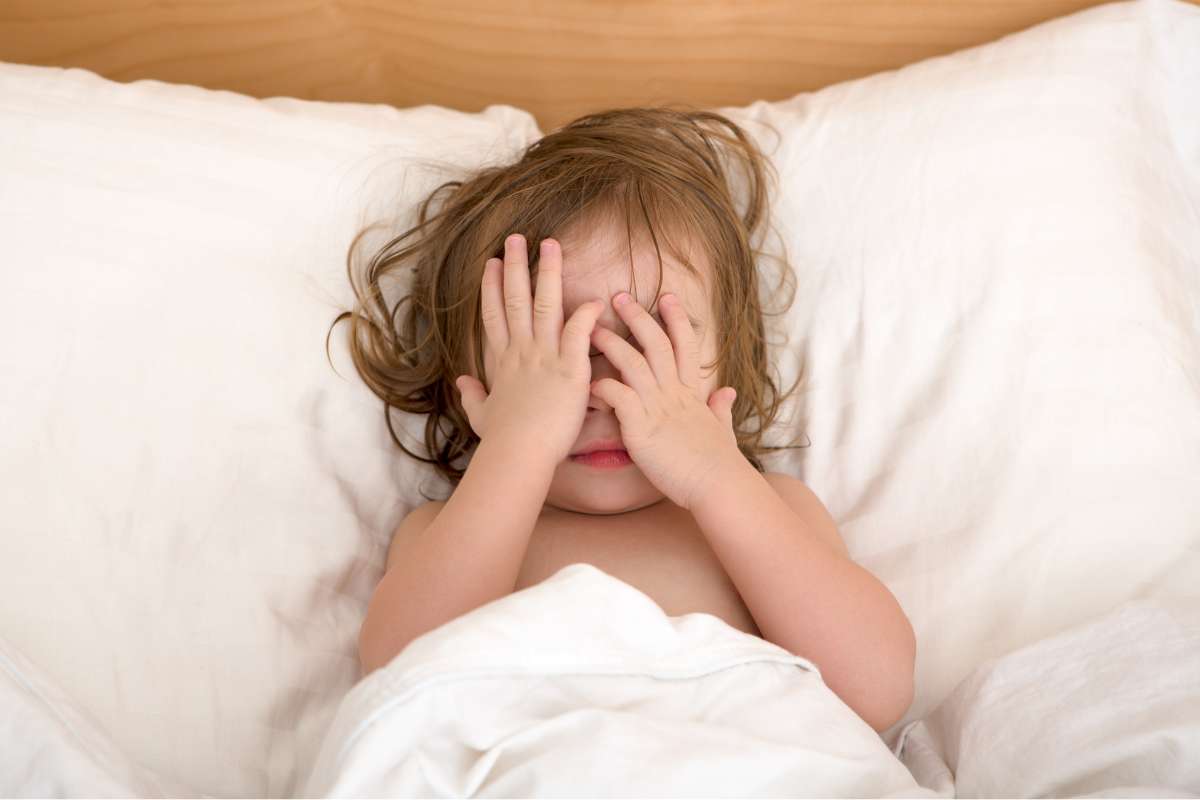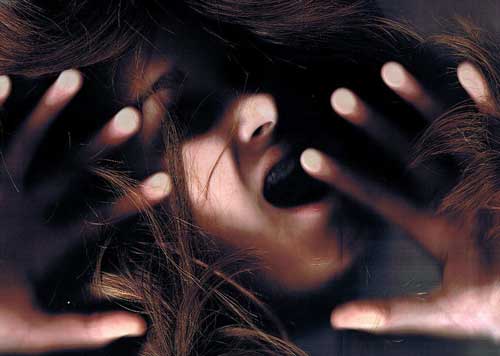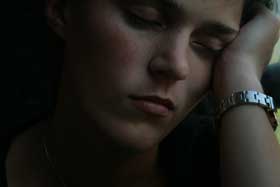What is Night Terrors
Night terrors are considered parasomnias and may also be a sleep disorder depending on how seriously they affect you. It may also be called a confusion arousal disorder, which is fairly common in children.
In confusion arousals, there may be movements or thrashing in the bed, weeping or crying out may occur. A night terror is a more severe form of confusion arousal. It is often accompanied by loud screaming and severe panic. The child or adult may run from their room in fear.

The next day or even later on that same evening, a child may have no memory of the event. Older people are sometimes able to recall the panic and are sometimes aware of a dream that preceded it, such as seeing a huge spider or monster.
Almost everyone has nightmares or bad dreams at some point in their lives. The fear, anger or horror experienced in the dream might make it difficult to return to sleep.
Night Terrors to Children
Children that experience night terrors often return to sleep very quickly, although it has been known to take as long as 20 minutes for the panic to subside and the child to return to their bed. If, on the other hand, they have a bad dream or a nightmare, it can take an hour or more of consoling to explain that what they “saw” was not real.

There is reason to believe that the parasomnias may have a genetic factor. But, it could also be that the stress and anxiety of the parents creates a stressful, anxious environment for the children.
Watching someone have a night terror for the first time can be scary, too. Two of my sisters and my son were bothered by them. My son outgrew them by the time he was five or six.
My sisters were prone to run out into the hallway screaming at the top of their lungs until they were older teenagers. I personally never experienced night terrors, but I have had frightening nightmares.
Things like this are only considered disorders if they cause you problems. For example, if you avoid going to sleep because you may have nightmares or if waking from a terror makes it impossible to sleep for the rest of the night, then you might say that you have a sleep disorder.
Night Terrors Remedies
If you want to stop having night terrors or nightmares, there are a number of things that you can do. If your children have them, they will probably grow out of them. You can help speed the process by downplaying the importance of the episodes. If they remember and ask, don’t talk about how scared you were or how scared they looked. Don’t make a “big deal” of it.

For yourself, avoid caffeine in the later afternoon and evening. Don’t eat heavy meals before going to bed. You can burn some incense or candles. Lavender is particularly soothing.
Music can help, too. There are a number of CDs that help to create a relaxed state of mind and may prevent a night terror from recurring.
Meditation and relaxation are the keys for adults that suffer from night terrors. An excellent tool I have found for learning stress management, relaxation and breathing exercises is the Wild Divine and Relaxing Rhythms biofeedback program. Self help can be beneficial for other sleep disorders, as well.








